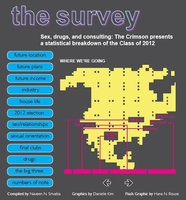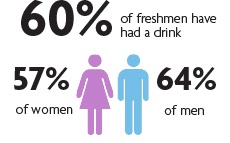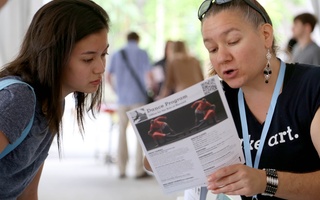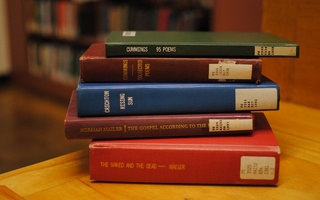Voters cite global affairs, defense, Iran, and terrorism, as crucial factors that will influence their decision on election day, according to a nonpartisan poll conducted by Harvard Kennedy School’s Belfer Center for Science and International Affairs released on Friday.
Although the study confirmed that the economy tops the list of issues concerning voters, it indicated that national security is also a strong factor, ranking above taxes and only slightly below the federal deficit. The survey was conducted immediately following the first presidential debate over the span of five days from Oct. 3 to Oct. 7th, drawing on data collected from approximately 600 voters from each Ohio and Florida.
Half of the voters surveyed said they wanted the United States to pursue more active policy overseas, while the other half advocated that the United States engage in more isolationism. More than 40 percent of voters in both states said that they viewed the Arab Spring as “not good” for American interests. In particular, voters said they were concerned that ongoing conflicts could deteriorate into wars. Only a small fraction of voters expressed human rights or environmental concerns.
Although the survey determined that some American voters have a patchy knowledge of major international figures—more voters knew more about soccer player David R. J. Beckham than they did about British Prime Minister David W. D. Cameron—they showed an avid interest in foreign policy issues.
The voters surveyed said they follow foreign affairs almost as closely as they follow domestic news. They supported an increased focus on geography and foreign language in schools and wanted to see more international coverage in news sources. In future debates, voters said they hope to hear the candidates’ positions on various global security issues, including defense, Iran, and terrorism, among others.
In Ohio, the polls showed Obama with 46 percent, beating Romney, who trailed with only 38 percent. In Florida, the poll showed Romney with a slight edge of 47 percent to Obama’s 43 percent.
—Staff writer Laura K. Reston can be reached at laurareston@college.harvard.edu.
Read more in News
Panelists Compare Cuban Missile Crisis to Present-Day Conflict With IranRecommended Articles
-
 Senior Survey: The Class of 2012 in Interactive Graphics
Senior Survey: The Class of 2012 in Interactive Graphics -
Young People Disillusioned by Political Climate, IOP Survey ShowsPresident Barack Obama’s lead among young people age 18 to 29 has increased slightly since March to 19 percentage points with less than three weeks until election day, according to a new survey by Harvard’s Institute of Politics released Wednesday morning.
-
Study Examines ACA SupportAlthough divisions over the Affordable Care Act persist along party lines, there is widespread public support for the extension and revision of Medicare, according to a recent joint survey conducted by the Harvard School of Public Health and two partner organizations.
-
 Freshman Survey Part IV: Sex, Drugs, and MacBook Pros
Freshman Survey Part IV: Sex, Drugs, and MacBook Pros -
 Freshman Survey Part I: Get To Know Harvard’s Class of 2018
Freshman Survey Part I: Get To Know Harvard’s Class of 2018 -
 Freshman Survey Part III: Inside the Classroom and Out
Freshman Survey Part III: Inside the Classroom and Out













